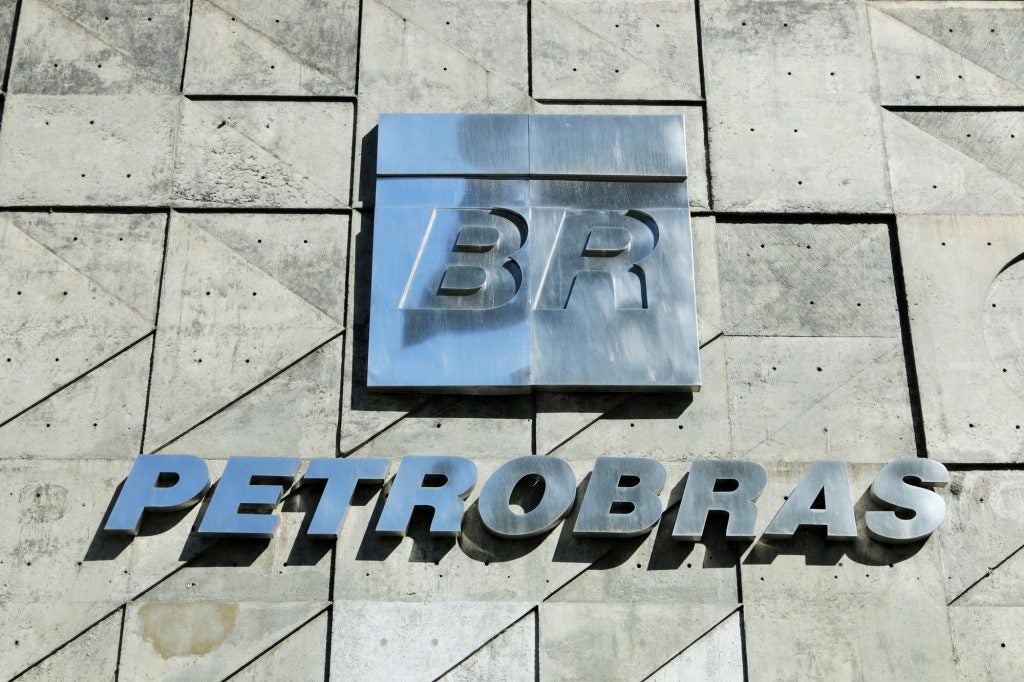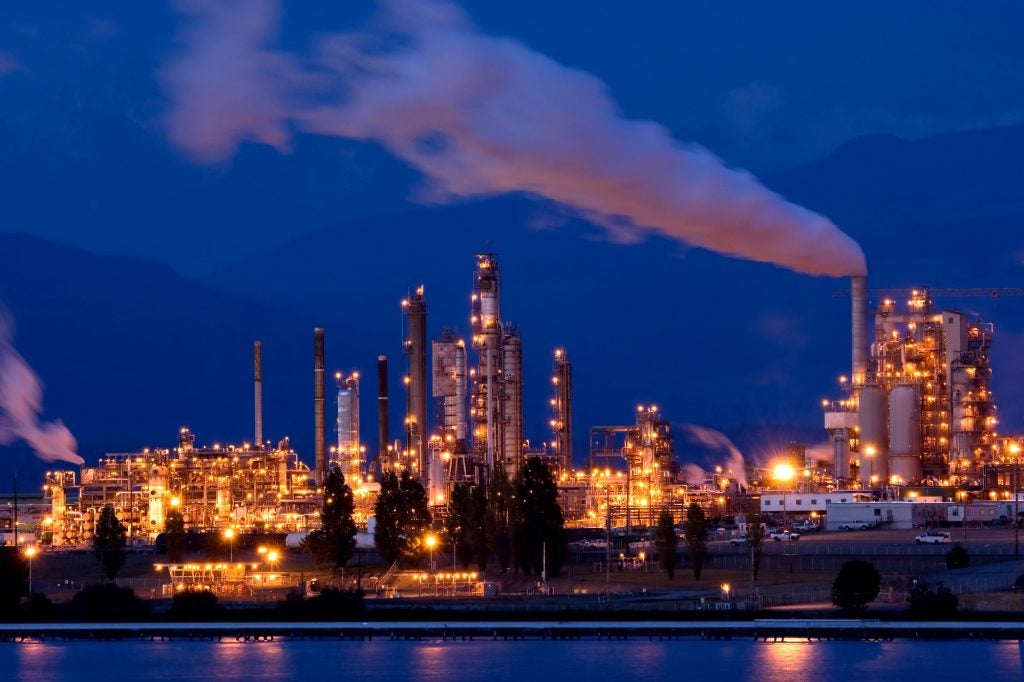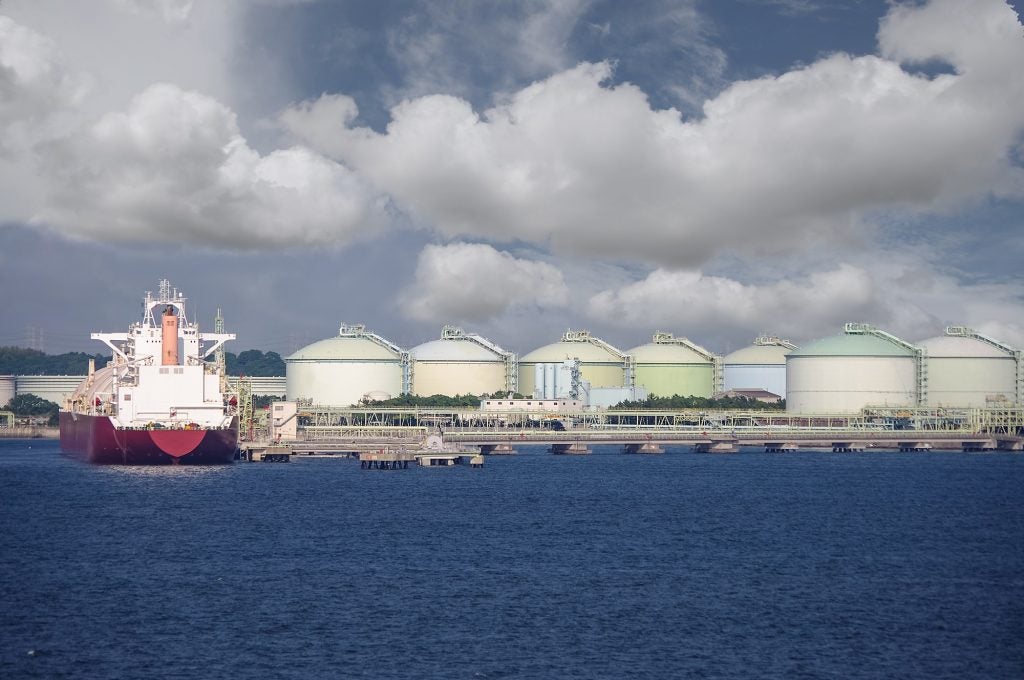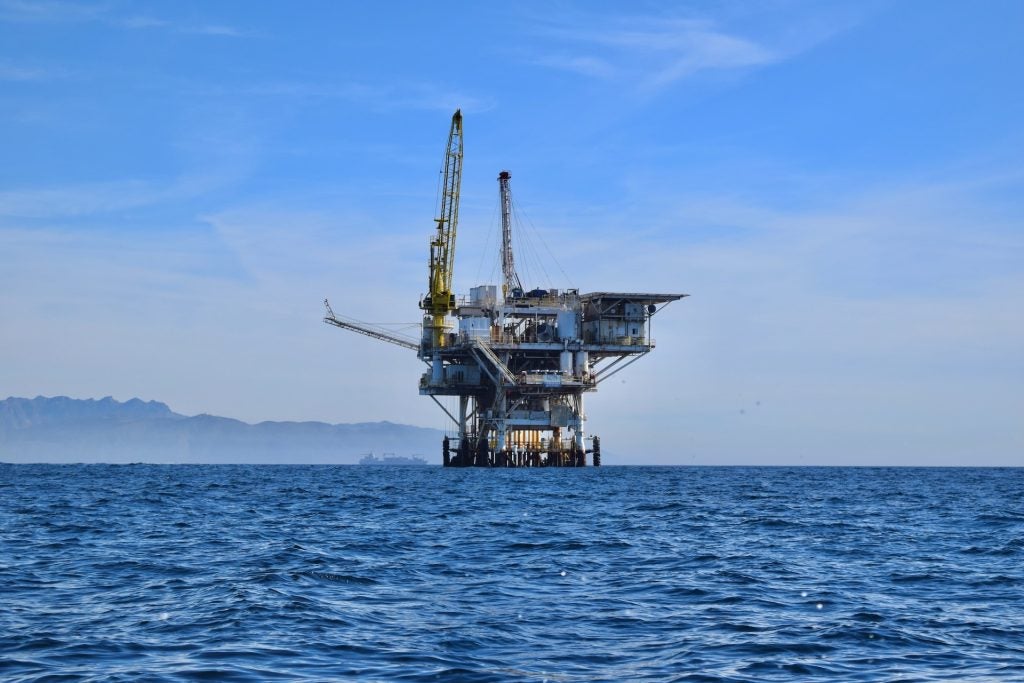Petrobras is considering further increasing the average capacity use of refineries in the third quarter of 2023, reported Reuters.
Between April and June, the Brazilian Government-backed oil company increased usage to 93%, the highest since the third quarter of 2015.
In a conference call with analysts, Petrobras executive director of industrial processes and products William France noted that the oil company set new records for diesel production in June and July and will hit targets in August too.
To offer more competitive fuel pricing, the company optimised its refining and logistics infrastructure.
According to Petrobas executive director of logistics, commercialisation and markets Claudio Schlosser, the business is still keeping an eye on the fuel markets and will change rates as needed.
In relation to the global economy and the oil supply, he claimed that Petrobras currently perceives "great uncertainty" in the world, which raises price volatility.
Late last week, Petrobras reported a consolidated net income attributable to the shareholders of the company of $5.82bn, (28.3bn reais), a 47.06% drop comapred with the same period a year ago.
The fall was attributed to the depreciation of Brent, the drop in global diesel crack spreads of over 40%, and greater operating costs including impairment charges and tax expenses.
Due to the size of the pre-salt projects and the impact of the signature bonus associated with the Southwest Sagittarius, gua Marinha and North Brava fields, capital expenditure during the review period was $3.2bn, or 5.46% more than year-over-year.















